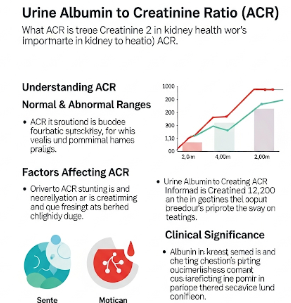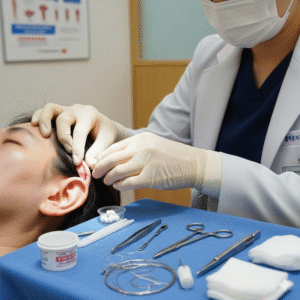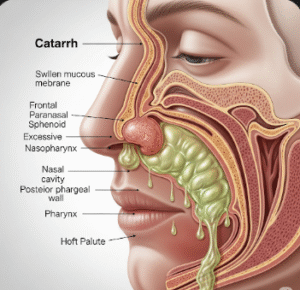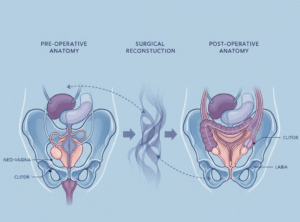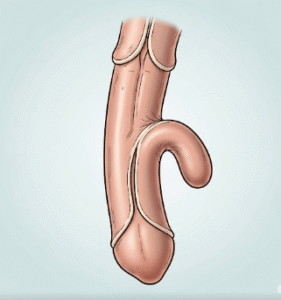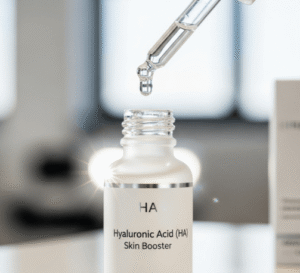What it is
The Urine Albumin to Creatinine Ratio (ACR) test is a simple urine test that measures the amount of albumin (a type of protein) relative to creatinine.
➡ Key facts:
- ✔ Used to detect early kidney damage, particularly in people with diabetes, hypertension, or other risk factors
- ✔ Can be performed on a single urine sample (spot test) or over 24 hours
- ✔ Sensitive enough to detect microalbuminuria — small amounts of albumin not visible in routine tests
- ✔ Widely available in hospitals, clinics, and diagnostic laboratories across Korea
💡 The ACR test is a key tool for early intervention to prevent kidney disease progression.
Why it’s done
The ACR test is performed for:
➤ Early detection of kidney disease → Particularly in diabetes or high blood pressure
➤ Monitoring kidney function over time → Detect progression or improvement with treatment
➤ Risk stratification → Identify patients at risk of cardiovascular complications
➤ Screening high-risk populations → Diabetes, hypertension, obesity, and older adults
➤ Guiding treatment → Adjust medications or lifestyle interventions to protect kidneys
⚠ Detecting microalbuminuria early allows timely treatment to prevent chronic kidney disease (CKD) or kidney failure.
Alternatives / Complementary Measures
Other tests for kidney function include:
✔ Serum creatinine and eGFR → Measures overall kidney function
✔ 24-hour urine protein test → More precise but less convenient
✔ Urine dipstick → Detects higher levels of protein but less sensitive for microalbuminuria
✔ Kidney imaging (ultrasound, CT, MRI) → To detect structural abnormalities
⚠ ACR is preferred for screening and monitoring, as it is convenient, sensitive, and reproducible.
Preparation
Before an ACR test in Korea:
🔹 Hydration → Normal fluid intake; avoid dehydration
🔹 Avoid strenuous exercise → Heavy exercise can temporarily raise urine albumin
🔹 Medication review → NSAIDs or certain antibiotics may affect results
🔹 Sample timing → Early morning urine often recommended for consistency
🔹 No fasting required → Can be performed at any time of day
💡 Korean laboratories provide instructions for accurate sample collection, ensuring reliable results.
How it’s done
➡ Step-by-step procedure:
- Sample collection → Patient provides a midstream urine sample
- Laboratory analysis → Urine albumin and creatinine concentrations measured
- Calculation of ACR → Ratio of albumin (mg) to creatinine (g) is computed
- Result interpretation → Values categorized as normal, microalbuminuria, or macroalbuminuria
💡 The test is quick, non-invasive, and painless, and results are usually available within a few hours to a day.
Effectiveness & Accuracy
✔ Highly sensitive for early kidney damage
✔ Reliable and reproducible, particularly when multiple samples confirm microalbuminuria
✔ Guides clinical decisions → Medication adjustments, lifestyle modifications, and monitoring intervals
✔ Reduces progression to CKD when combined with timely interventions
💡 Korean laboratories adhere to international standards and quality control to ensure accurate ACR measurements.
Recovery / Expected Outcomes
✔ No recovery required → Non-invasive urine test
✔ Immediate relief → Painless, no downtime
✔ Follow-up → Test may be repeated periodically to monitor kidney health
✔ Actionable results → Abnormal values prompt referral to nephrologist or lifestyle/medication changes
💡 Regular ACR testing in Korea helps detect kidney disease early, monitor treatment, and prevent long-term complications.
Complications / Risks
⚠ The ACR test is extremely safe:
➡ Minimal risk → Only inconvenience of urine collection
➡ False positives/negatives → Possible due to infection, exercise, or temporary dehydration
➡ Interpretation requires clinical context → Single abnormal result may need confirmation
💡 Korean clinicians ensure accurate interpretation and repeat testing if needed to avoid misdiagnosis.
Treatment Options in Korea (Post-Test Management)
🔹 Lifestyle modifications → Blood pressure control, blood sugar management, diet, exercise
🔹 Medication adjustments → ACE inhibitors or ARBs for kidney protection
🔹 Monitoring schedule → Repeat ACR testing every 3–12 months depending on risk
🔹 Referral → Nephrologist for persistent microalbuminuria or declining kidney function
🔹 Preventive care → Manage cardiovascular risk, reduce proteinuria, and maintain kidney health
💡 Korean healthcare integrates ACR testing into routine chronic disease management for diabetes and hypertension patients.
Top Hospitals & Clinics in Korea for ACR Testing
🏥 Seoul National University Hospital (SNUH) – Comprehensive kidney and diabetes care
🏥 Asan Medical Center (Seoul) – Advanced laboratory testing and nephrology services
🏥 Samsung Medical Center (Seoul) – High-volume screening and chronic disease management
🏥 Yonsei Severance Hospital – Expertise in early detection and kidney disease monitoring
🏥 Regional clinics and diagnostic labs – Offer convenient and reliable ACR testing
Conclusion
Urine Albumin to Creatinine Ratio (ACR) testing in Korea is a safe, non-invasive, and highly effective tool for early detection and monitoring of kidney disease.
✔ Detects microalbuminuria early, allowing preventive interventions
✔ Guides treatment decisions and lifestyle modifications
✔ Safe, quick, and suitable for repeated monitoring
✔ Korean laboratories and hospitals ensure accurate testing, reliable interpretation, and structured follow-up care
By combining modern testing methods, expert interpretation, and integrated chronic disease management, Korea helps patients protect kidney health and prevent long-term complications.

